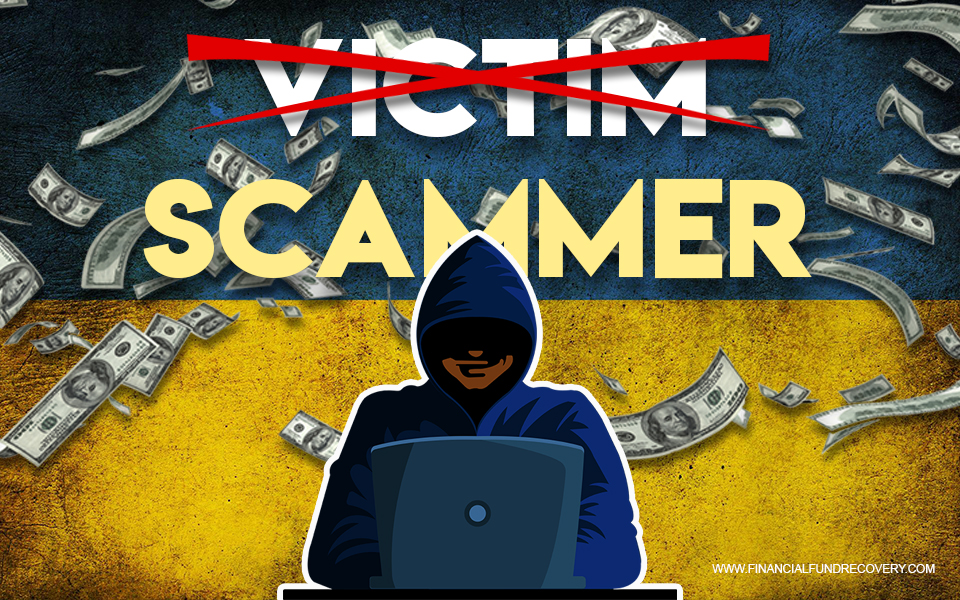The Ukraine war has prompted people of the UK to donate money, luring scammers under its fold. As a result, fraudsters are posing as victims of the Ukraine war and exploiting the goodness of UK residents.
People in the UK have donated money after seeing images of those fleeing Ukraine.
Con artists are impersonating victims of the Ukraine conflict to defraud well-intentioned UK individuals.
The scam was “evil,” but not surprising considering the conflict’s profile. In the following weeks, the prevalence of such scams will expectedly rise.
Worldwide crises are bound to lead to a surge in these scams.
How do con artists operate?
As scammers strive to exploit the situation, he claimed three specific scams have begun to appear.
The first is a phony donation request. Fraudsters spam consumers with emails and SMS messages persuading them to donate money to war victims. The messages have a link to a fake charity website.
The messages might focus on the large number of people currently on “suckers lists” who have been duped in the past or are likely to be targeted by fraudsters.
The second scam involves scammers impersonating war victims and requesting money via emotional posts.
Finally, there is a variation of a popular scam where a person poses as a Ukrainian businessman attempting to transport money out of the nation and requiring the use of a bank account outside of Ukraine. In actuality, it’s a con artist attempting to defraud.
Separately, HMRC is warning people to be on the lookout for frauds with the deadline for self-assessment tax returns approaching.
Last year, the UK’s tax office received 570,000 allegations of scam attempts.
Texts, emails, and phone calls ensuring a “refund” or demanding unpaid tax are the most prevalent at this time of year, with victims already expecting contact about their self-assessment return.
With 3,995 reports in January compared to 425 in April 2020, phone calls have recently been more of a problem.
Be cautious of claims from HMRC and asks you to transfer money or provide personal information. Do not rush, and double-check on the government website’s dedicated page.


